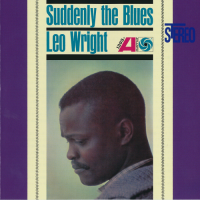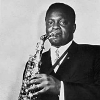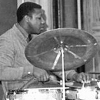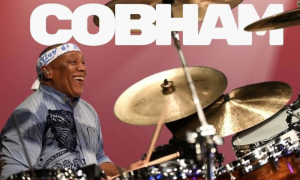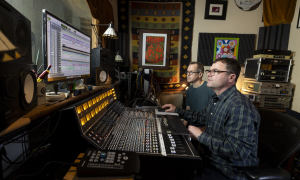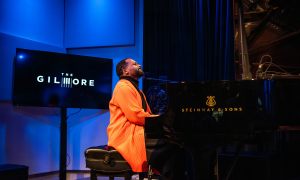The album was his second studio recording as a leader, the first being Blues Shout for Atlantic in 1960. You'll notice that Suddenly the Blues does not have a pianist on board. It was a daring move by Wright, a concept guaranteed to give Burrell elevation, since he was the musician who would have to share solos and fill empty spaces. According to Gary Kramer's original liner notes, the risk Wright took worried him.
As Kramer writes:
The great pleasure given by an album like this is it lets you in on a musician's inner feelings and thought-processes to an extent impossible when he is soloing in a bigger and gaudier ensemble. “It is so easy to overdo," Leo says. His conscious aim, in both his playing and his writing, is “to express myself with simplicity and directness, minus clutter and pretense. From studying the records of Charlie Parker and from working with Dizzy Gillespie, I learned that simplicity, clarity and economic organization of musical materials are the marks of really great jazz performance, and not just being able to play very difficult music.'
By favoring power on the higher register of his instrument, Wright's sound on the alto saxophone probably sits somewhere between Jackie McClean and Sonny Chris. His clean, mellifluous flute can be compared to Bobby Jaspar's. The album's best tracks are Wright's own compositions and Schifrin's Dionysos. The real treat throughout is hearing Burrell comp with chords, as on Willow Weep for Me.
Leo Wright died of a heart attack in 1991 at age 57.
JazzWax clips: Here's Gensel's Message...
Here's Tali...
And here's Dionysos...
This story appears courtesy of JazzWax by Marc Myers.
Copyright © 2026. All rights reserved.


